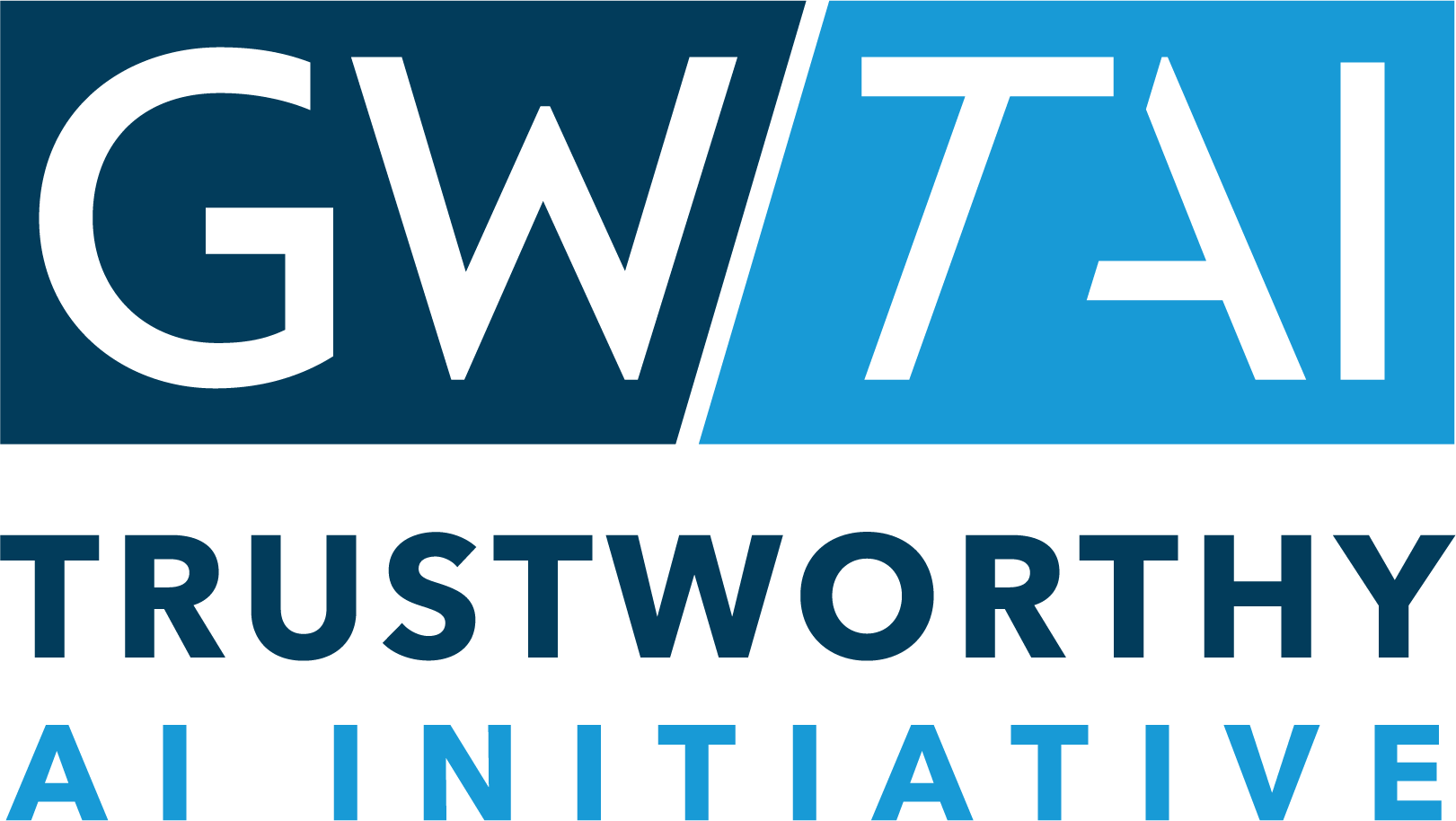While the Biden Administration has taken actions to increase the hiring of artificial intelligence (AI) workers, many challenges remain in boosting an AI-ready workforce. On January 17, 2024, the House Oversight and Accountability Subcommittee on Cybersecurity, Information Technology, and Government Innovation held the hearing, “Toward an AI-ready Workforce,” to review efforts to develop this workforce that will enhance American strength and prosperity.
Alongside IBM client partner Timi Hadra and professor of computer science at Carnegie Mellon University William Scherlis, the Subcommittee invited Costis Toregas, director of GW’s Cyber Security and Privacy Research Institute (CSPRI), to provide his thoughts on the challenges facing the U.S. in creating an AI-ready workforce and recommend strategies for addressing them in the future.
In his written testimony, Toregas emphasized the importance of developing this workforce, saying, “If the U.S. is unable to create an AI-empowered workforce in numbers that are higher than today’s low percentages, we may lose our competitiveness not only in AI but also in commerce and other sectors on a global scale.”
During the hearing, Toregas cited the GW co-led NIST-NSF Institute for Trustworthy AI in Law & Society (TRAILS), which will develop new technologies that promote trust and mitigate risks while also empowering and educating the public about AI, as an example of how educators at GW are encouraging AI development, commercialization, and deployment. However, the majority of his comments focused on how to create a workforce able to use AI in the workplace.
The main challenge touched on during the hearing was the government’s reliance on a traditional four-year college education for employment in AI roles and the lack of alternative hiring paths. Additional challenges Toregas mentioned include:
- Inadequate numbers of faculty and teachers to teach AI.
- Uncertainty about how to test students and workers for AI readiness.
- AI courses at high schools, community colleges, and universities are not organized around national best practices.
Toregas advocated looking to cybersecurity as a blueprint for how to address these challenges as it is another rapidly changing field with which teaching methods and curricula have difficulty keeping pace. Resolution strategies, such as creating alternative pathways to employment through apprenticeships, camps, upskilling programs, and experiential learning platforms, have been implemented nationwide over the past 10 years to solve many of the same issues in cybersecurity workforce development.
“I want to encourage you to look at the strong lessons learned in the cybersecurity world and support their transfer in the AI domain rather than spend valuable time and resources building AI responses from scratch,” Toregas stated.
For example, Toregas noted that the National Cybersecurity Training and Education Center (NCyTE), managed by Whatcom Community College and supported by the National Science Foundation, coordinates cybersecurity curricula and faculty development efforts and provides support to several hundred community colleges and universities. Support programs like this can be replicated for AI to aid in the development and maintenance of AI curricula and incentivize attraction and retention at the high school, community college, and university levels.
Additional solutions Toregas provided for the Subcommittee’s consideration include developing a statistical capacity at the national level to track current numbers of students and teachers in AI by region and encouraging states to harmonize AI programs for K-12 through national conversations with experts around curricular frameworks and rubrics. His final suggestion was for the Subcommittee to help launch a tripartite partnership between the private sector, the education community, and government agencies around workforce development issues in AI.
Witnesses were chosen based on their experience in workforce development. As director of CSPRI, Toregas supports GW’s CyberCorps program as a co-PI, a program that educates and sends computer security experts into the government workforce. GW has been one of the most successful feeder institutions in the cybersecurity workforce development pipeline ever since the program was established in 2003. By leveraging his expertise in this and other federal, education, and industry programs, the subcommittee hopes to overcome existing challenges and replicate this success in bolstering AI workforce development.
View the entire hearing here.


